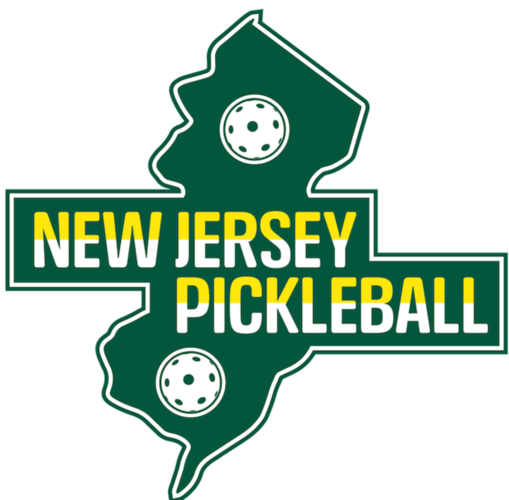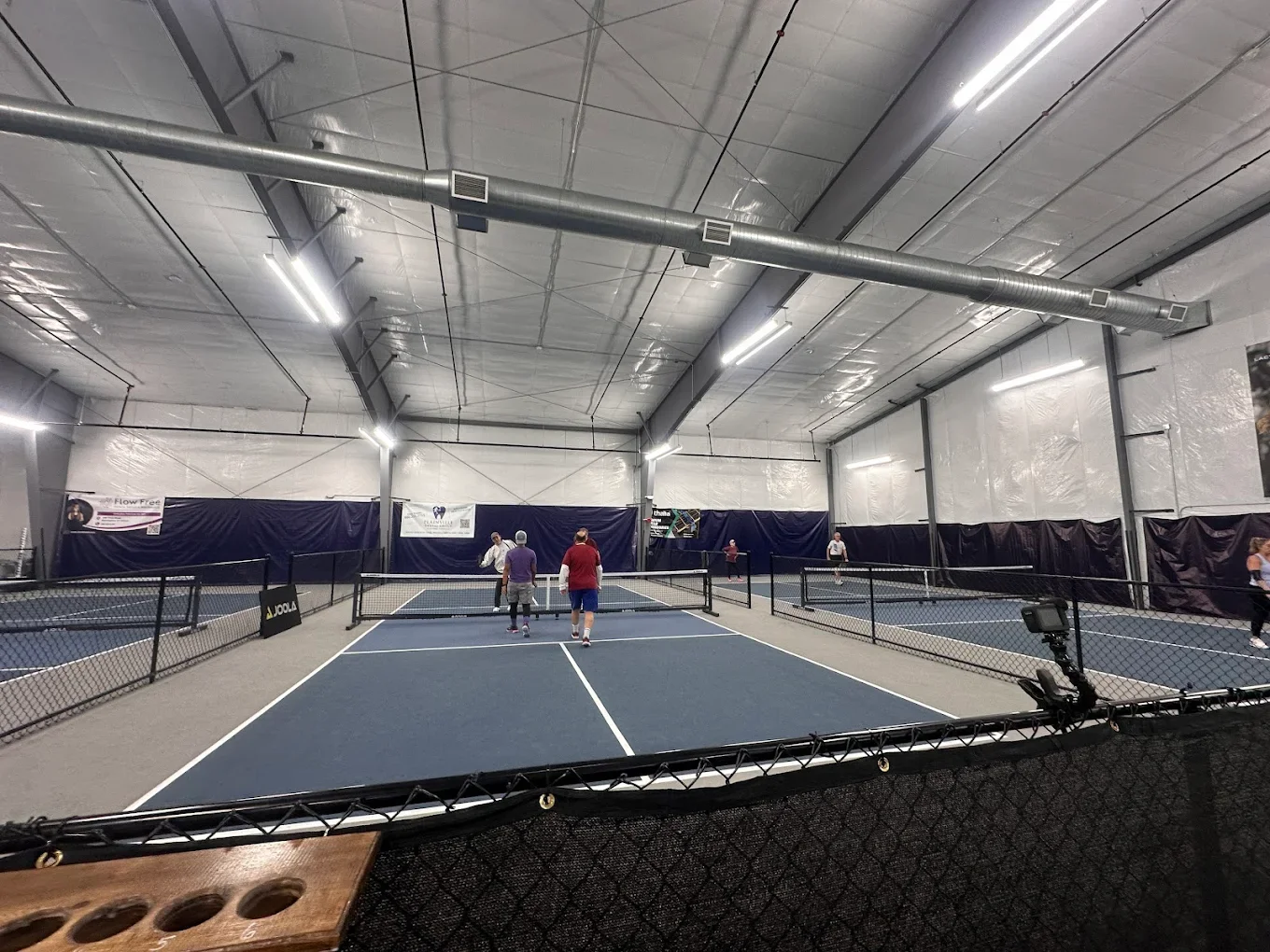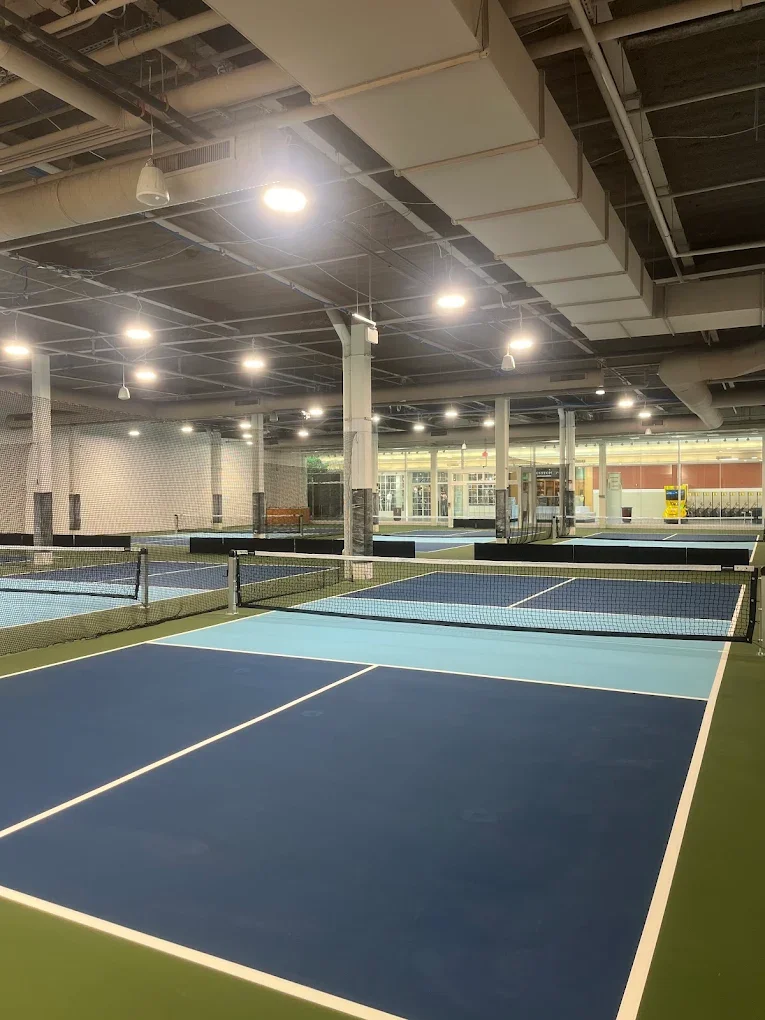Build a Pickleball Court in Waterbury, Connecticut
Thinking about a pickleball court in Waterbury?
We handle end-to-end design, construction, installation, and customization for homes, clubs, schools, and city parks—tuned to local codes and four-season New England weather so your court plays true year-round. We coordinate permits with Waterbury’s Department of Inspections and, when required, City Planning/Zoning for site plan or wetlands review.
We also plan grading and drainage to align with Connecticut DEEP’s Construction Stormwater General Permit (and the UConn NEMO guidance on when projects must register), plus Waterbury’s MS4 requirements—so documentation and compliance are baked in from day one.
Why Choose Local Pickleball Court Builders
Working with local specialists means faster communication and details dialed to Waterbury’s conditions—freeze–thaw cycles, heavy rain events, and neighborhood lighting needs. Our licensed crews build to USA Pickleball specifications, including regulation play lines (20' × 44') and a preferred north–south orientation to reduce glare.
We handle:
Custom courts for residential, commercial, and community sites
Installations on asphalt or post-tensioned concrete with engineered sub-base and drainage per city/state guidance
Full conversions from tennis or basketball to dedicated or blended pickleball layouts
Durable coating systems selected for year-round Connecticut use
Services for Every Stage
Whether you’re starting fresh or improving an existing court, we offer:
Court Construction & Installation
We handle site layout, utility mark-outs, grading, sub-base compaction, premium surfacing, and precision striping. When a project triggers local approvals, we prepare the City Plan Commission site-plan package and coordinate building permit applications so submittals and inspections stay on track.
Pickleball Court Painting, Court Resurfacing, & Repairs
Cold snaps, summer heat, and regular play can produce cracks, color fade, puddling, and slick spots. We restore traction and ball response with crack routing/sealing, low-spot leveling, color recoats, and accurate re-striping—methods consistent with national construction guidance.
Backyard and Commercial Court Solutions
Backyard builds maximize practice time at home. For clubs, schools, and recreation programs, multi-court installations support lessons, leagues, and events—plus add-ons like fencing, windscreens, divider nets, benches, and low-glare LED lighting. Where applicable, we document erosion/sediment controls and stormwater measures to satisfy CT DEEP and local MS4 expectations.
Why Partner With Us
Licensed, insured, and experienced Connecticut builders
Proven results across residential and commercial installations
Clear, competitive pricing without shortcuts on code or quality
Local know-how with Waterbury permitting, zoning, and stormwater compliance (including when small projects may be exempt from GP registration if a local land-use commission approves erosion & sediment controls)
Ready to Build or Work on a Pickleball Court in Waterbury, CT?
Tell us about your site and goals—we’ll match you with a vetted Waterbury contractor who can deliver a reliable, great-playing court that meets local standards.

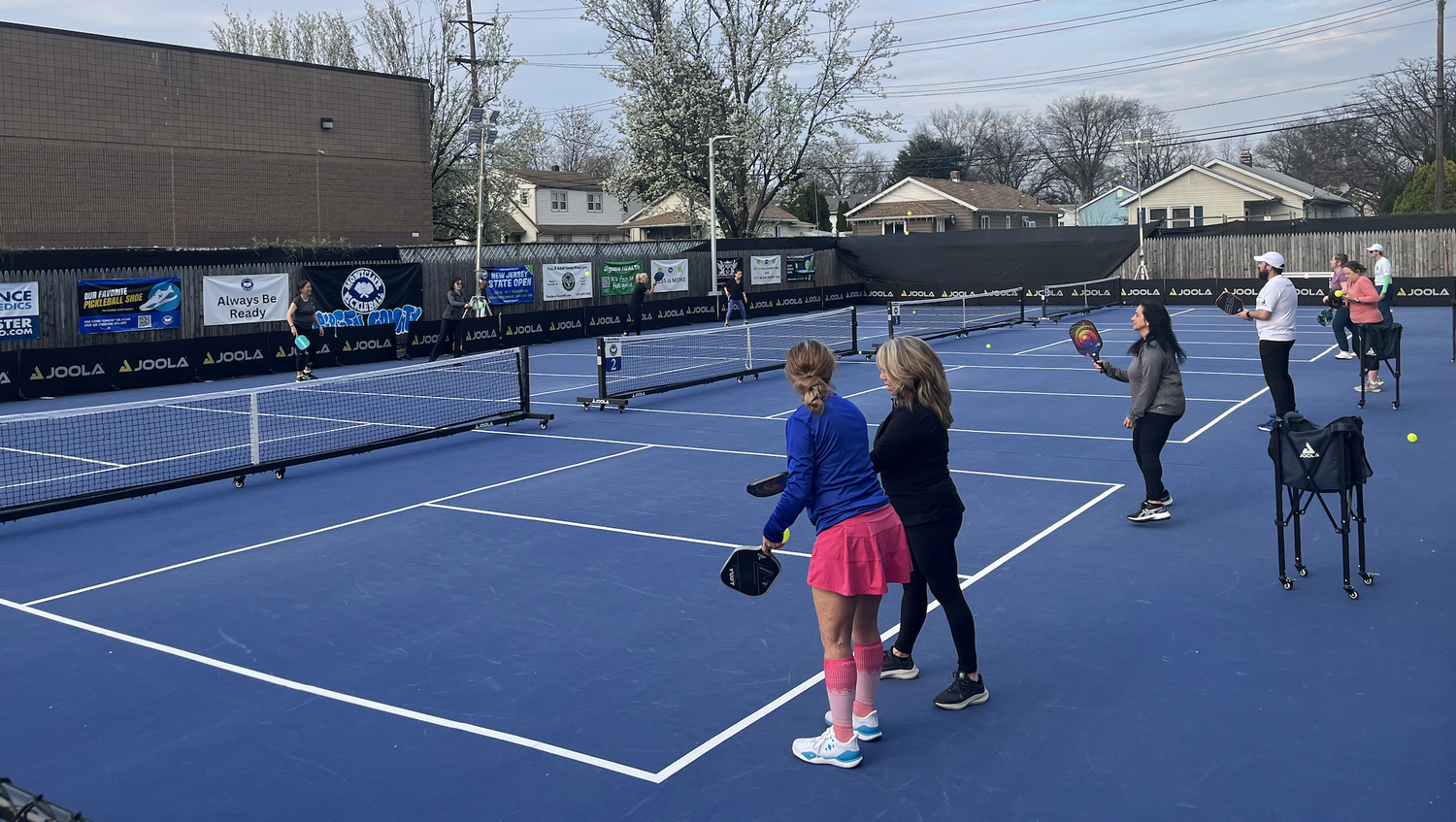
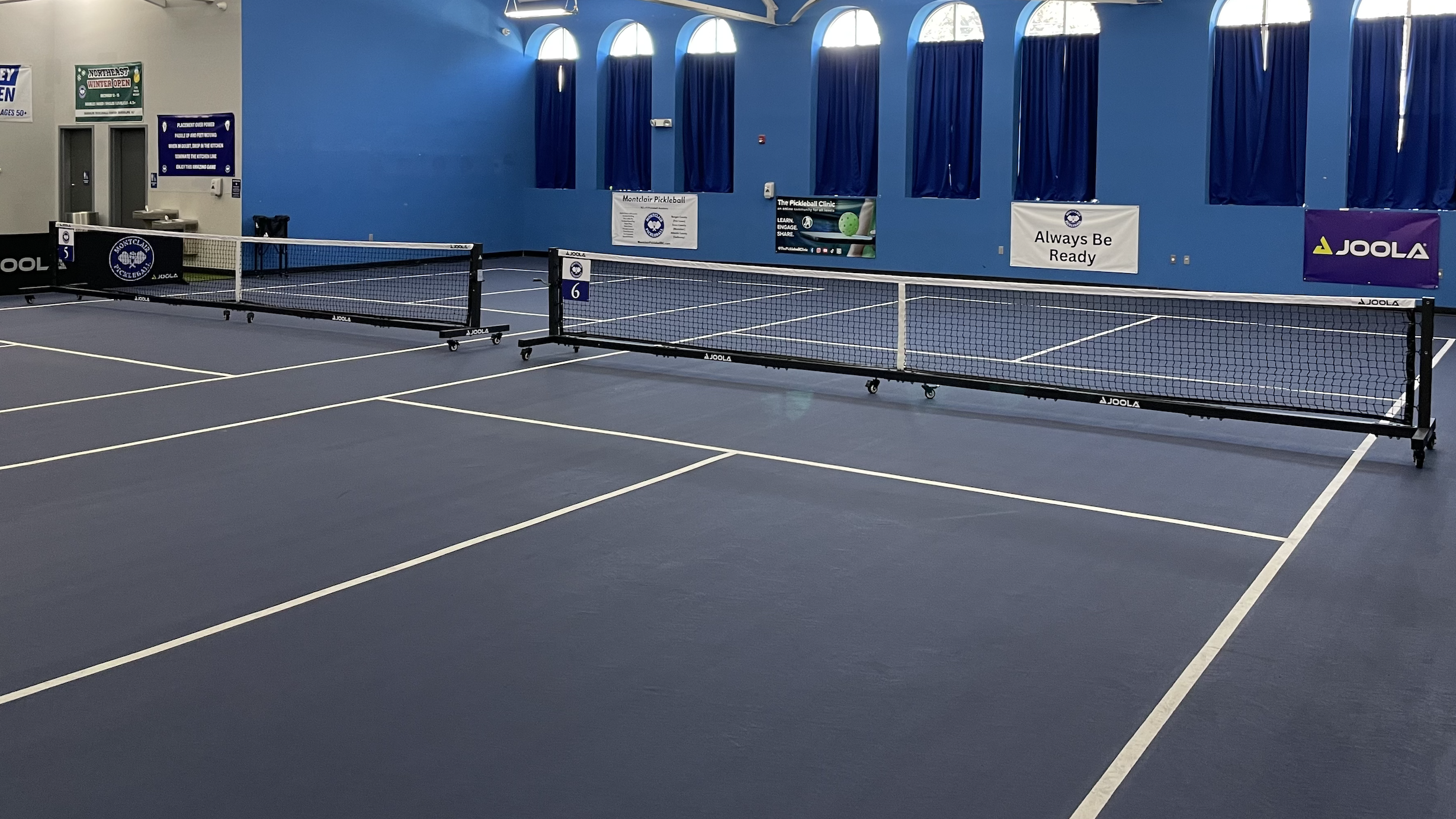

Top Pickleball Clubs & Courts in Waterbury
Camp Pickleball
Plainville, CT
10 Pickleball Courts
Club Pickleball
Meriden, CT
6 Pickleball Courts
Blaze Pickle
Newington, CT
7 Pickleball Courts
Interest in pickleball is climbing across Waterbury, and the city’s park system (31 parks and recreation sites) makes it a natural place to add or upgrade courts. Meeting that demand starts with solid planning: orienting courts to manage sun glare, engineering drainage, building a stable, frost-aware base, and finishing with professional surfacing and accurate, regulation lines. Guidance from USA Pickleball and Connecticut’s erosion/stormwater standards helps ensure long-term performance in local conditions.
Four-season New England weather plus heavy play can stress older courts—freeze–thaw cycles, UV, and rain events often lead to hairline cracking, fading, puddling, or slick spots. A proactive care plan keeps play consistent: periodic color recoats, crack routing and sealing, low-spot leveling, and precise re-striping. Technical best practices such as north–south orientation and proper surface slope (.83–1%) also support safety and drainage as courts age.
Beyond new builds, upgrades and resurfacing are just as important. The region continues to add courts and plan more—e.g., South Windsor’s phased campus project proposing new tennis/pickleball courts—and consistent maintenance protects those investments for community, school, and club play.
